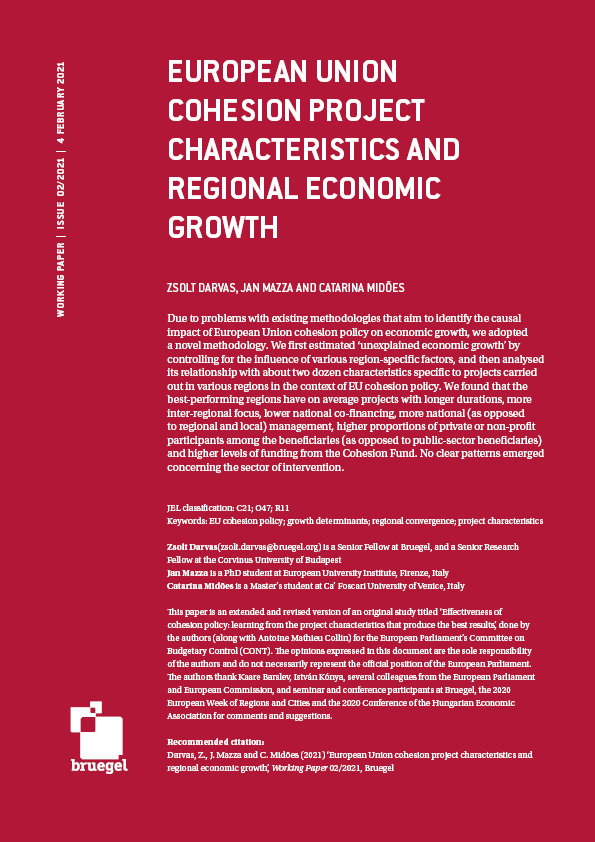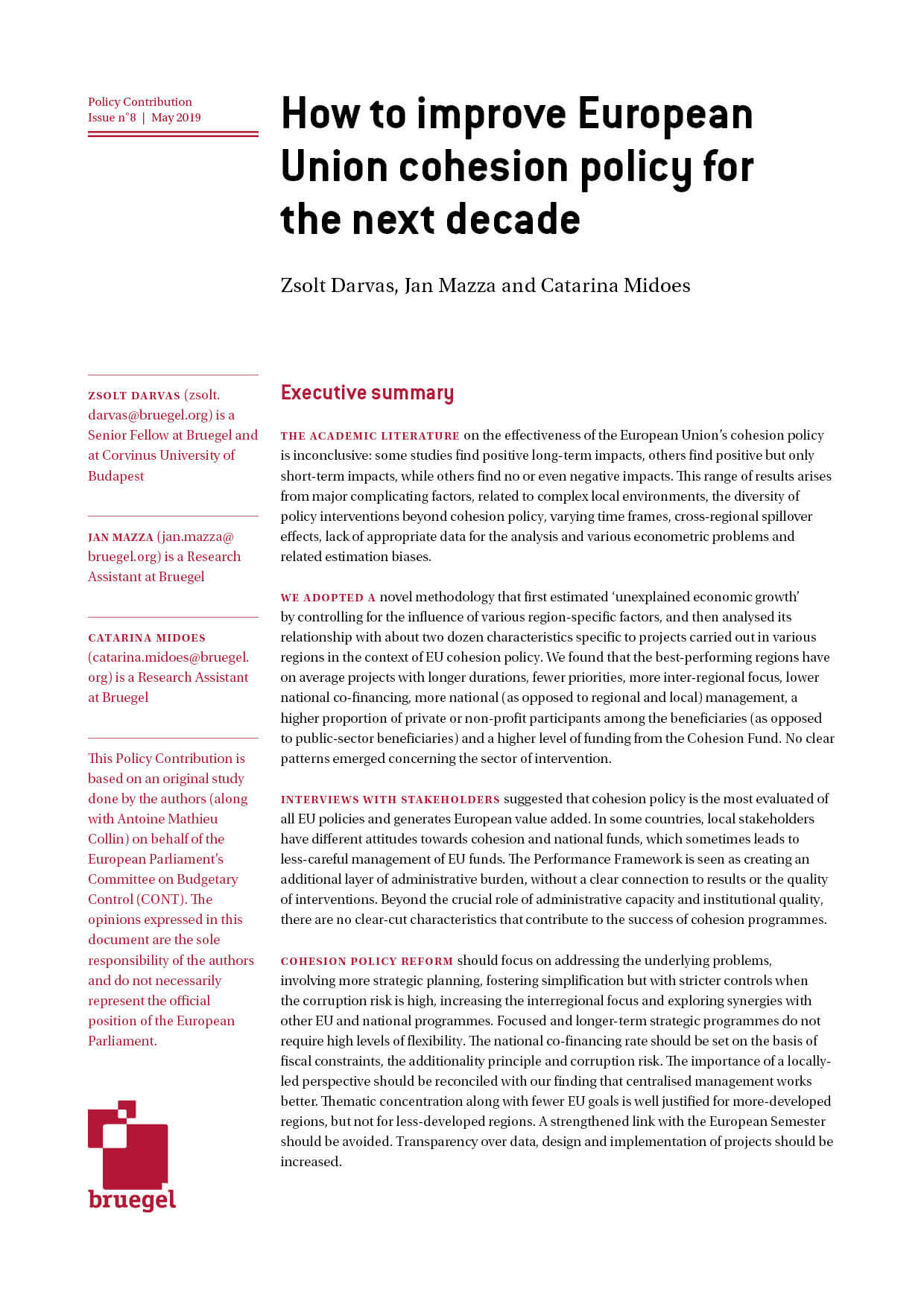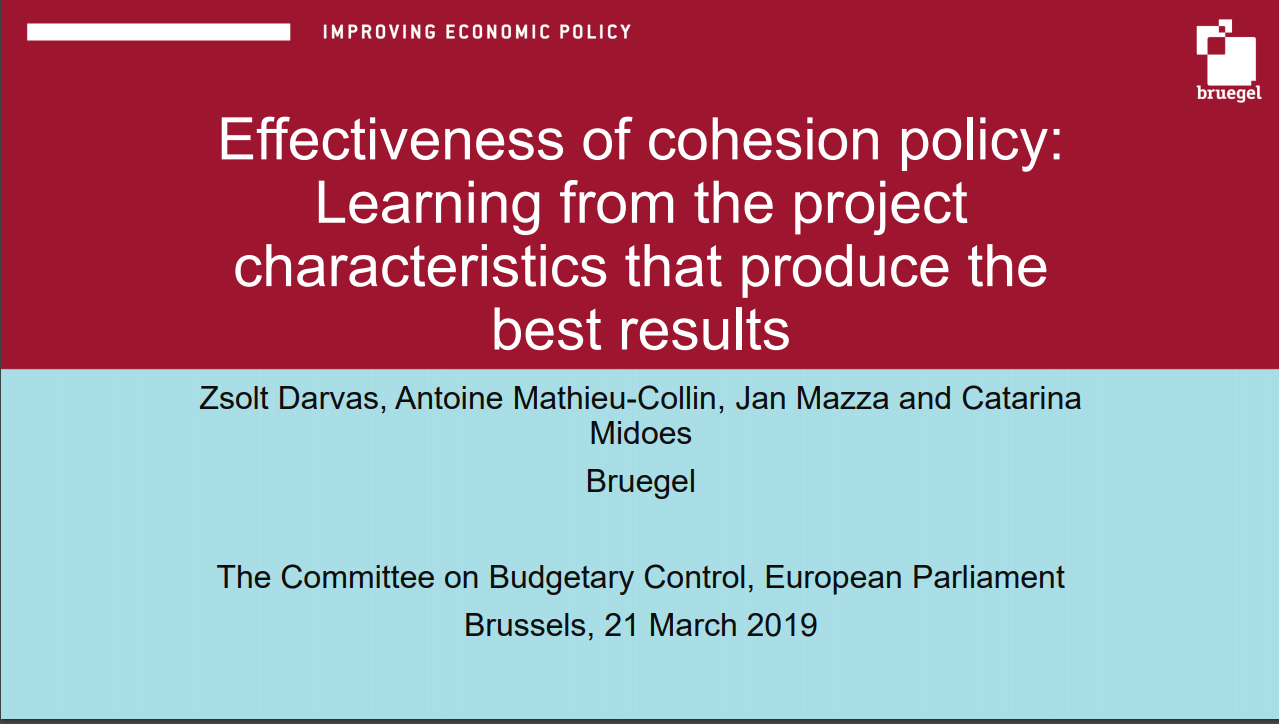Former scholars

Jan Mazza
Former Research assistant
Twitter: @jan_mazza
Jan, an Italian and Polish citizen, is a research assistant at Bruegel. He holds a Bachelor's degree in Economics and Political Science and a Master's degree in Economics, both from the University of Bologna, and a Master of Science in Economics and Philosophy from the London School of Economics. During his studies, he also spent a semester at the University Paris-2 Panthéon-Assas and one at the Ludwig-Maximilians University of Munich.
Before joining Bruegel he was a trainee at the European Commission (DG Budget) and at the Brussels office of Assonime, the association of Italian joint stock companies.
His research interests include European governance, international economics, monetary and fiscal policy.
Jan is fluent in Italian, English and French and has a good knowledge of Spanish.









